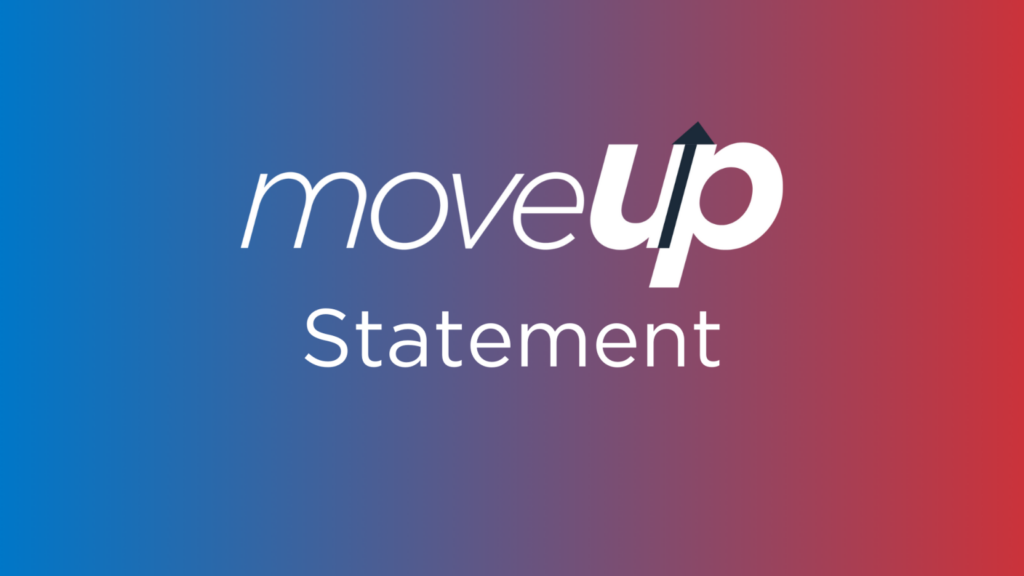On May 10, 2024, Canadian Blood Services formally apologized to 2SLGBTQIA+ communities across Canada acknowledging the harms experienced by the community because of their former donor eligibly policy.
This formal apology is an important step in the ongoing battle to end discrimination based on sexual orientation and gender identity when it comes to blood donation practices. This was an issue that MoveUP first campaigned on in 2018 when now-former MoveUP member and activist, Gunter Seifert, inspired our union’s Human Rights & Multicultural Committee to call on the Government of Canada to ask Canadian Blood Services to stop discriminating against gay men and trans women by ending the blood ban policy.
Gunter was motivated to bring this to our committee after he, as a gay man, had been denied being allowed to donate blood.
The Canadian Blood Services’ former policy prevented gay men and trans women from donating blood unless they were celibate for a specific period of time (initially one year and, by 2020, reduced to three months). The ban was not based on science, as all blood in Canada is tested, but as acknowledged by Canadian Blood Services’ CEO “contributed to discrimination, homophobia, transphobia, and HIV stigma within Canadian society, for many years.”
Read the full apology from Canadian Blood Services here
Serious Policy Concerns Remain
Though the announcement is historic and a step in the right direction, there is still a long way to go.
Egale, Canada’s leading organization for 2SLGTBQIA+ people and issues, welcomes the announcement but notes there are still many policies that disproportionately impact queer communities including: the requirement for nonbinary donors to register in a binary (male/female) gender; as well individuals using protective medication such as PrEP must wait four months since last use of PrEP before donating; and, the disproportionate impact on gay men of a policy that disqualifies a donor for having anal sex with a new partner. These continue to not be based on science.
The current policy is still being challenged at the Canadian Human Rights Tribunal by Christopher Karas, Principal at Karas Legal Services P.C., who calls it “somewhat gender-neutral” but still has an adverse effect on men who have sex with men.



